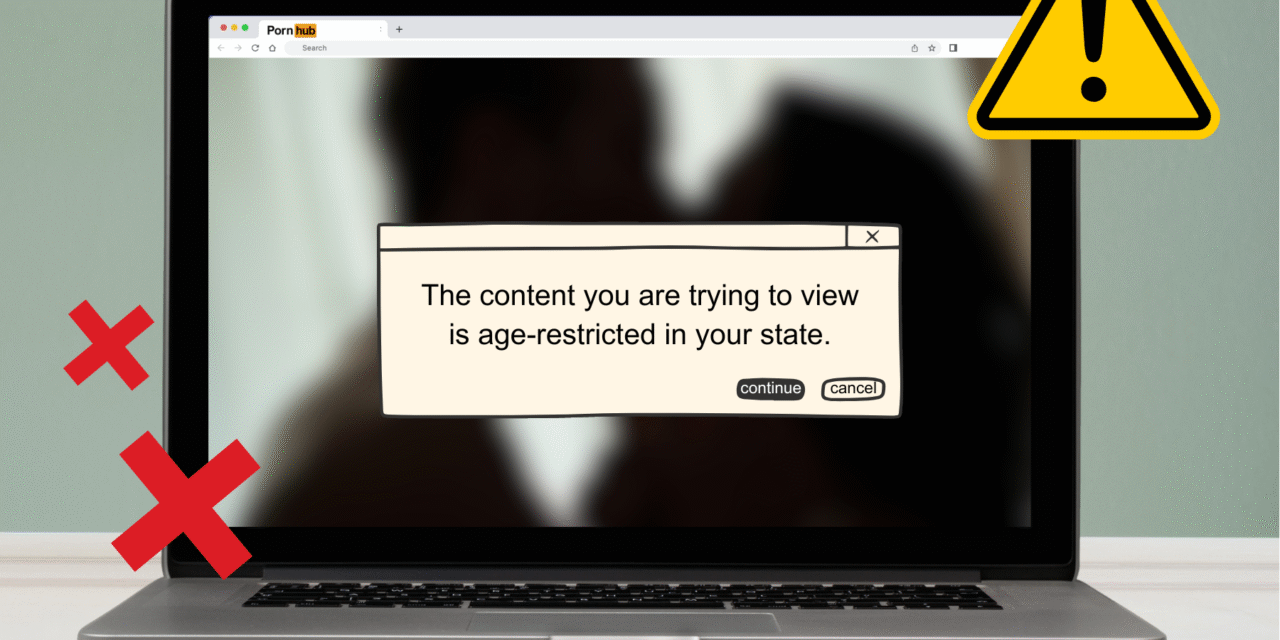The Supreme Court upheld a Texas law mandating age verification for online pornography websites. A similar law has been introduced in Pennsylvania.
A Texas law mandating age verification for websites with pornographic content was upheld by the Supreme Court in a 6-3 decision on Friday, with the justices dividing along ideological lines. Texas is the largest of the 24 states who have passed age verification laws since 2023, with more states likely to join following the Supreme Court’s ruling.
Justice Clarence Thomas wrote the majority opinion in Free Speech Coalition, Inc. v. Paxton on behalf of the six conservatives, saying, “Adults have the right to access speech obscene only to minors … but adults have no First Amendment right to avoid age verification.”
Texas is one of 15 states to pass online verification requirements for pornographic websites over the last two years, alongside Arkansas, Kansas, Kentucky, Idaho, Indiana, Louisiana, Mississippi, Montana, Nebraska, North Carolina, Oklahoma, Utah, and Virginia.
Nine states – Arizona, Florida, Georgia, Missouri, North Dakota, South Carolina, South Dakota, Tennessee, and Wyoming – have passed similar measures that will take effect this year.
The Texas law requires pornography websites to verify their users’ ages to deter minors from accessing pornographic material. Any website that does not require users to supply a government-issued ID or use a third-party age verification site would be fined $10,000 or more, with violations by minors carrying a $250,000 penalty – per violation.
While Pennsylvania does not currently have an online pornography age verification law, state Sen. Cris Dush, a Republican, introduced SB 603 to change that. Republicans Judy Ward and Patrick Stefano, along with Democrat Wayne Fontana, are cosponsoring the legislation. The bill was referred to the Senate Judiciary Committee on April 9.






